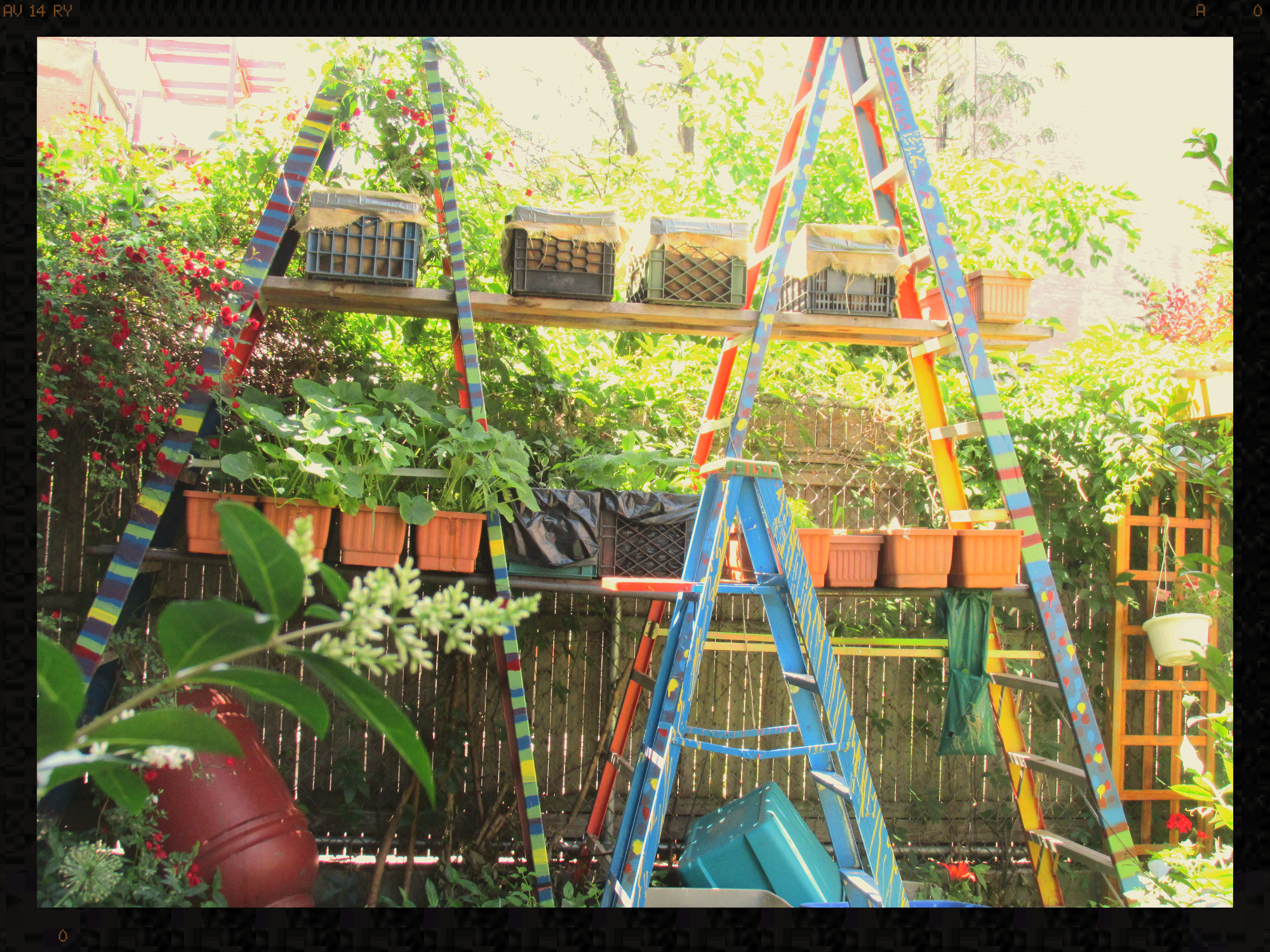
VERTICAL GARDENS:
At one time, the garden in summer was a sea of sumptuous squash with its trailing vines and leaves, pumpkin, eggplant, tall stands of pole beans, tomatoes, collards and more. Our stand of mulberry trees (taller now, to be sure) was there too—but we had adequate sunlight for copious vegetables. When half the garden was bulldozed under the Giuliani Administration, we lost not only precious dwarf fruiting trees and bushes, but sunlight. As taller buildings have come along; gradually adequate sunlight disappears. We’ve been forced to be creative, so we’re always trying alternative methods. To be sure, we also continuously experiment with which plants do better in partial sun, part shade, etc. But our “vertical gardens” are a part of this trial and error endeavor. With tall repurposed step-ladders, we’ve created different levels of growing space maximizing area and sunlight. We started with burlap-lined milk crates, moving gradually to recycled wood and non-toxic plastic planters. We’re able to grow tomatoes, greens, flowers, a variety of herbs and last year even pumpkins! The experiment continues.
The COMPOST SYSTEM:
We have a two-bin compost system which was constructed by one of our gardeners, Mike, with his daughter Leora. Prior to the new bins, we used pyramid bins from Gardener’s Supply which served us well, but were not in the end as large or durable as we needed. We do some Bokashi (https://vokashi.com/) composting in addition to our regular biodegradation of organics. We normally hold at least two composting workshops a year, conducted by experts—Ellen Belcher of the Morris-Jumel Garden and Vandra Thorburn, of Vokashi, Inc.(need links here). In spring and fall we feed our soil with lovely “brown gold”—and we often have a surplus to share with neighborhood gardeners. We encourage everyone who may not have a home composting system to bring their organic waste to our garden bins
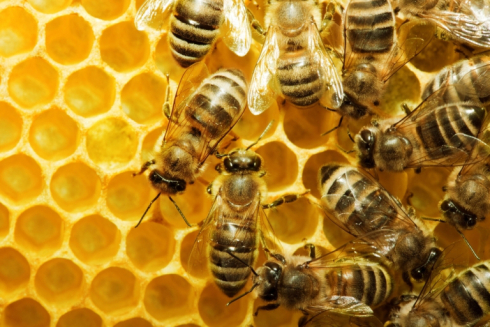
Bee-Keeping & Harvesting the Honey: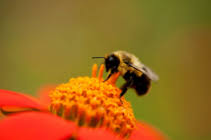
We’ve kept bees for many years. Our beekeepers in chief are Victor and Veronica Matos, who, because they both have a vast knowledge of honey bees, also conduct bee-keeping workshops with us. Recently, bees worldwide have been affected by and infected with the “varoa mite.” Sadly, we have lost some of our bees to varoa mites. Now, we do treat with a natural, organic treatment, but it’s still touch and go. Late last fall (2016) when we were sure we had no mites at all, “robber bees” came to one of our hives which had been highly productive and brought with them a deadly number of mites. Nonetheless, we’re not giving up! We’ve already ordered our package bees for May, 2017. Our honey, which we call “HARLEM, Honey!” is the best! An acquaintance who claims to be a connoisseur of honey tells us it’s among the best he’s ever had.
The Water-Harvesting System:
Several years ago Luis Lopez, a long-time member of the Project Harmony family, working with neighborhood youths, constructed our water harvesting system. They ran a gutter alongside the eaves of our sun-shed with pipes leading into two large rain barrels, and with soaker hoses attached at the lower-end spigot. The soaker hoses extend into an area of the garden otherwise difficult to water.
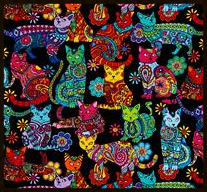 Our Feral Cat Colony:
Our Feral Cat Colony: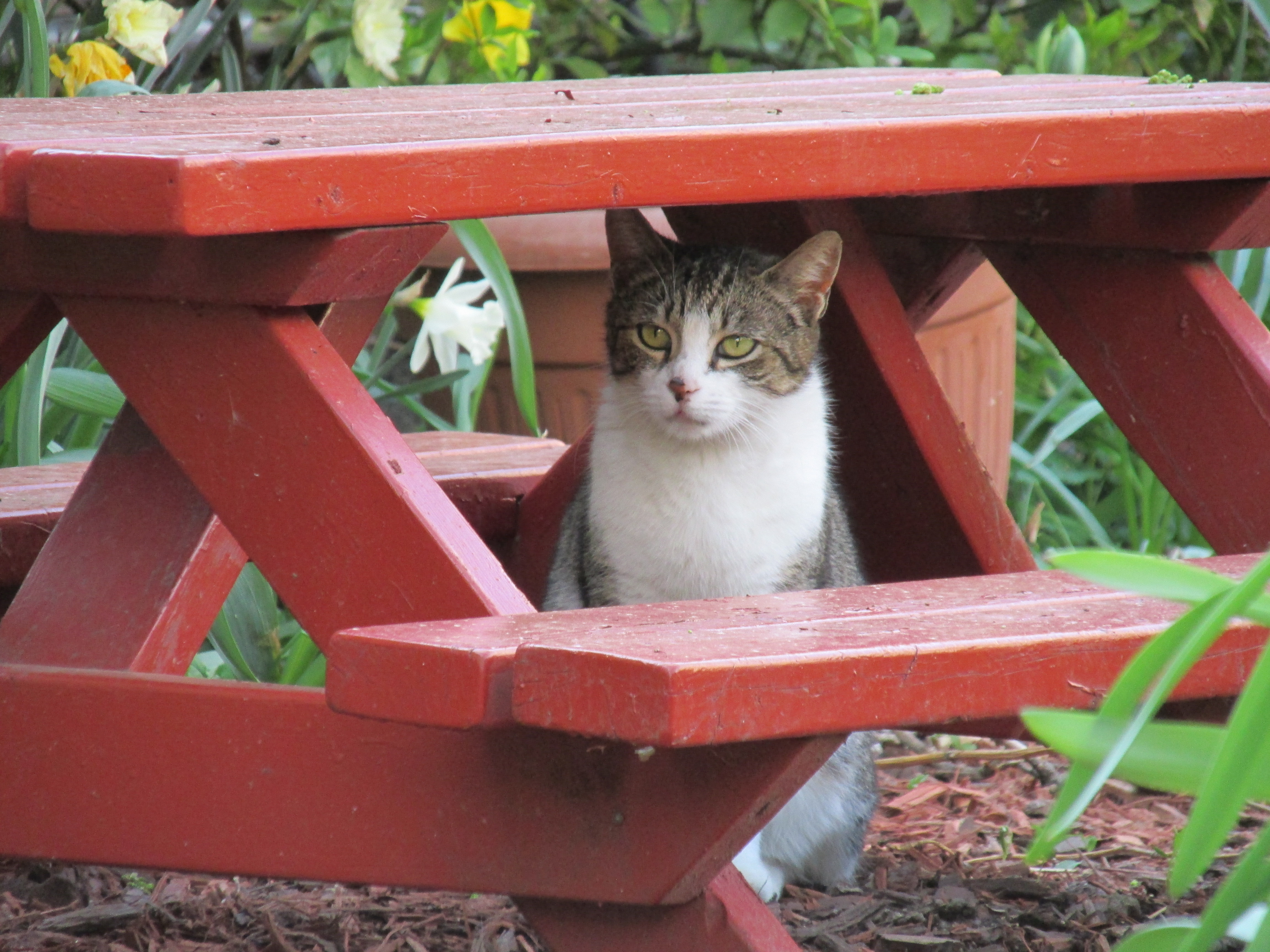
The garden has long attracted cats and kittens looking for shelter; our arrangement did not become what we might call a formal one until a few feral cat “caretakers” came looking for a place where they could re-locate a colony which had been booted out of another garden. Maintaining a feral colony isn’t exactly difficult but it does require great diligence, knowledge, wisdom and skill on the part of the feral caretakers. These days, people more and more realize that feral cats are really the only deterrent to rodents in urban areas where rats often outnumber the human population. Cats, the ultimate weapon in public health -
CNN:
Cats and Rodent Control | Chicago Tonight | WTTW
The Javits Center in NYC also employs a feral colony to deter the rat population. In other words, having feral cats around is a major advantage. However, maintaining the colony takes work. Our caretakers work diligently on spaying and neutering, medicating, sheltering and feeding our feline friends.
We are not here to become “cat hoarders”—which would be easy, because so many of poor kitties are tossed out or born homeless in the urban jungle. And we cannot accept “drop-offs” from people wanting to get rid of a nuisance kitten. Domestic cats do not fare well in a feral colony, so shuffling them off to feral caretakers is unfair to them and to the other ferals. Our feral caretakers go “above and beyond;” indeed, they are conscientious to a fault. They care about the community and about giving the ferals a safe, healthy and happy existence.
Lastly, you can google: "The NYC Feral Cat Initiative"
WE ARE ALWAYS BUSY WITH DIFFERENT PROJECTS...
-Here a few more definitely worth mentioning-
-Planting Spring bulbs and Perennials
-HARLEM GREEN: A Tour of Harlem Community Gardens: This event becomes an annual event we at Project Harmony, Inc. host every year. Complementary food & entertainment,
always a guaranteed fun time for all!
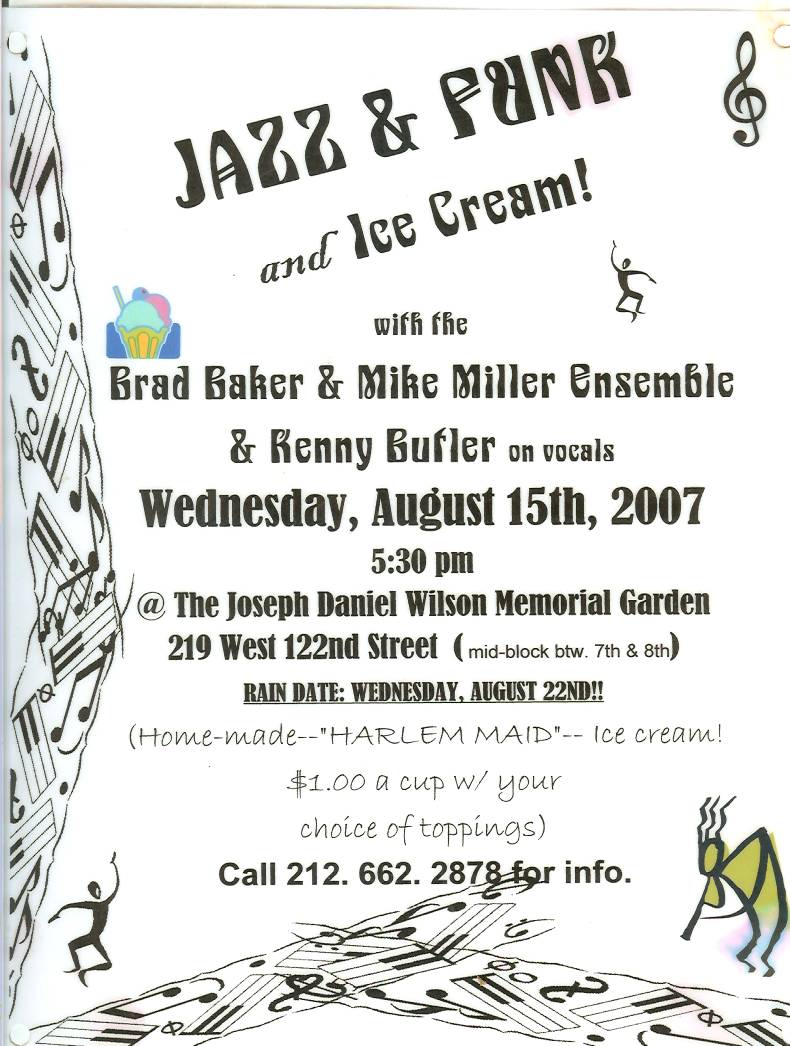
-canning (canned goods)
HOMEMADE JAMS, PRESERVES AND SOAPS FOR SALE! We've done lots of canning & preserving this summer --so if you would like to start your holiday shopping early, this might be a good place to start! We have lovely organic preserves--Mulberry jam sweetened with agave, Radical Squash, delicious vinegar's-- and even homemade olive oil soaps! Available as individual stocking stuffers/small gifties, or a bunch in a basket, i.e., a re-purposed flower pot!
Get in touch with us for a complete list of items available, or to custom design a basket of goodies!
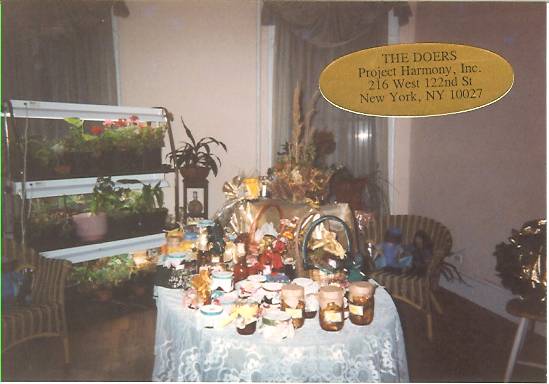
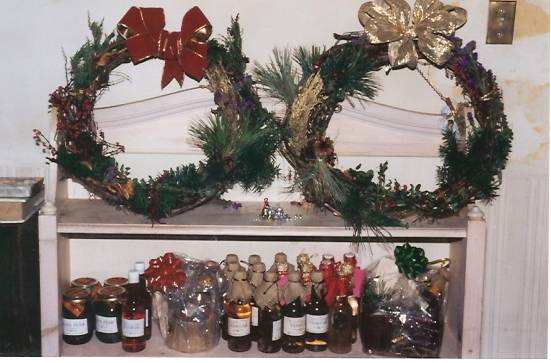
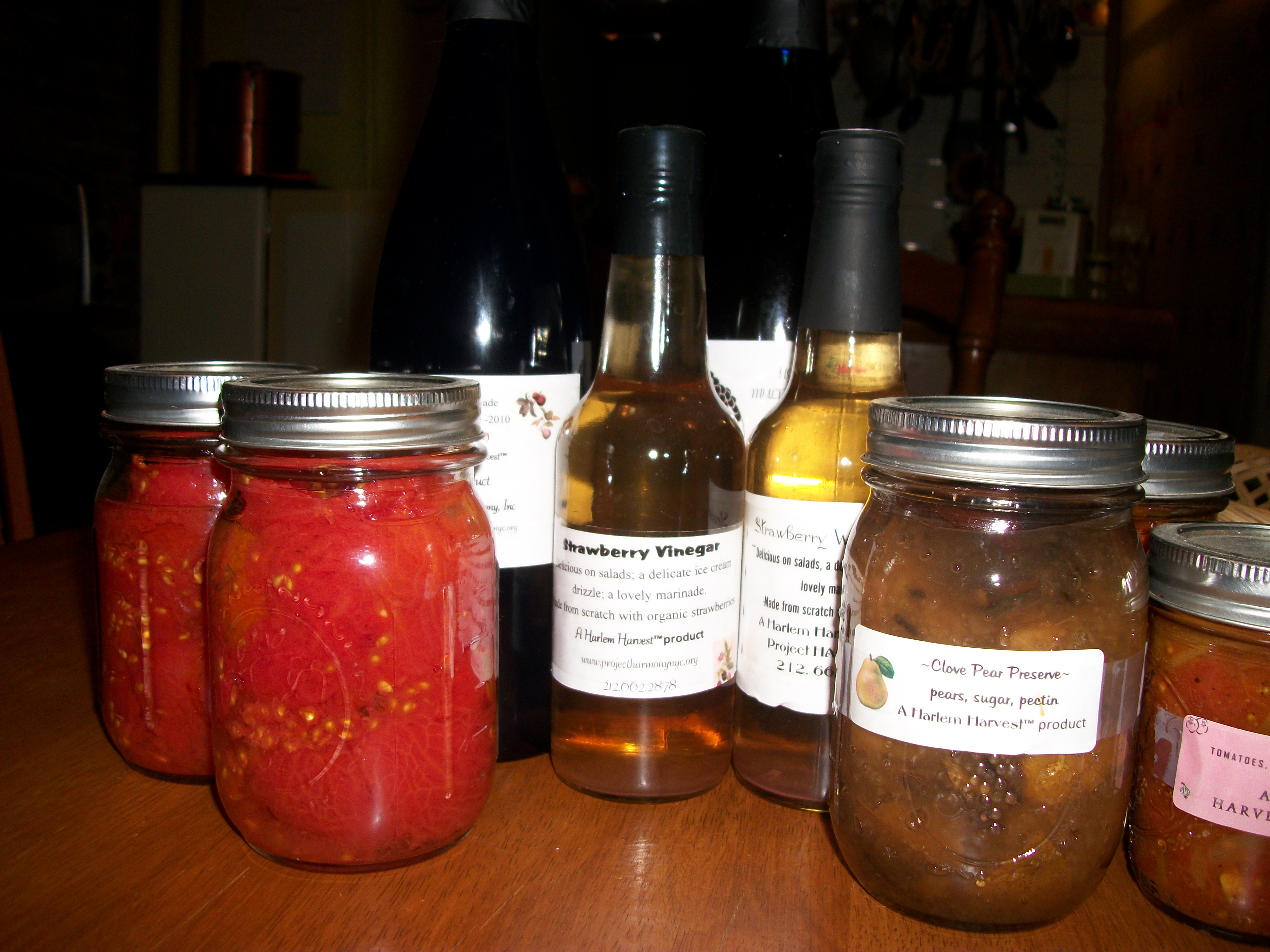
-soap-making: OLIVE OIL SOAP MAKING:
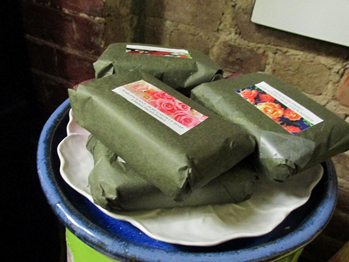
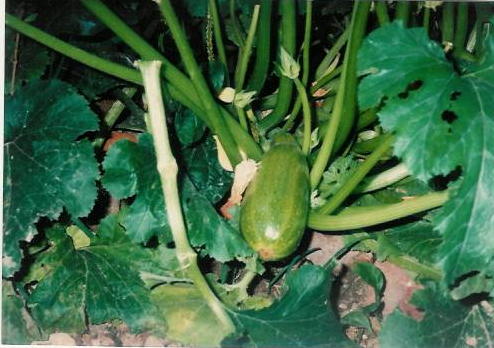


 Our Feral Cat Colony:
Our Feral Cat Colony:



